
Compared with rivaroxaban, abelacimab significantly lowered bleeding risk in patients with atrial fibrillation regardless of kidney function.

Compared with rivaroxaban, abelacimab significantly lowered bleeding risk in patients with atrial fibrillation regardless of kidney function.
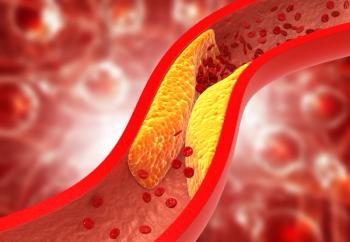
A new oral PCSK9 inhibitor, enlicitide, shows promise in significantly lowering LDL cholesterol, offering hope for hypercholesterolemia management and cardiovascular health.

A retrospective analysis found widespread lack of low-density lipoprotein cholesterol (LDL-C) goal attainment, posing risks for those at very high cardiovascular risk.

Moderate-to-severe TBI significantly increases the risk of malignant brain tumors, highlighting the need for long-term monitoring in survivors.

Abemaciclib significantly enhances overall survival in high-risk HR+, HER2- early breast cancer, establishing a new standard of care.

Subcutaneous bortezomib shows fewer adverse effects in multiple myeloma treatment compared with intravenous administration, enhancing patient outcomes.
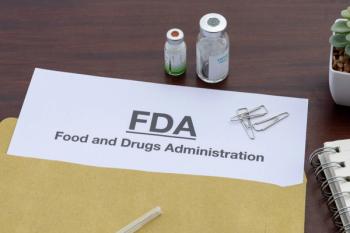
This decision is believed to redefine how biological drugs will be developed, approved, and made affordable for patients.

Susan Cantrell, RPh, MHL, CAE, highlights the Equitable Community Access to Pharmacy Services (ECAPS) Act as the top federal priority to preserve pharmacists’ authority in testing, treatment, and immunization services.

Fast-melt tablets (FMT) in drug delivery enhanced patient adherence and therapeutic response.

The approval of 2 denosumab biosimilars, Bildyos and Bilprevda, enhances access to affordable bone health treatments for patients.

Vaccination is vital for adults with heart disease to prevent severe respiratory illnesses like RSV, influenza, and COVID-19, enhancing overall health outcomes.

Greater effectiveness was seen in children 1 year and older.

Rilzabrutinib gained FDA approval as the first BTK inhibitor for chronic immune thrombocytopenia, offering new hope for patients with persistent symptoms.

The subcutaneous injection for maintenance treatment enhances accessibility and reduces infusion time for patients.

Research shows that individuals who use cannabis to self-medicate, especially those with a history of childhood trauma, face heightened risks of paranoia and adverse mental health outcomes.

Allison Hill, PharmD, RPh, discusses how rapid changes in vaccine schedules and state-level authority highlight the importance of the American Pharmacists Association's advocacy.

Future research should focus on optimizing drug design, mitochondrial biogenesis regulation, and establishment of treatments for acute kidney injury (AKI).

Susan Cantrell, RPh, MHL, CAE, CEO of the Academy of Managed Care Pharmacy, stresses the importance of listening, empathy, and science-based communication in pharmacists’ efforts to guide patients through vaccine decisions.

Allison Hill, PharmD, RPh explains how pharmacists’ accessibility and trusted relationships make them key to combatting vaccine hesitancy.
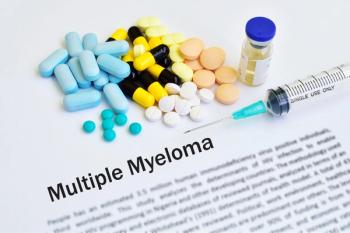
For pharmacists, understanding the evolving therapeutic landscape is essential—not only to optimize drug selection and dosing but also to counsel patients on complex regimens, manage adverse effects, and monitor for treatment-related toxicities.
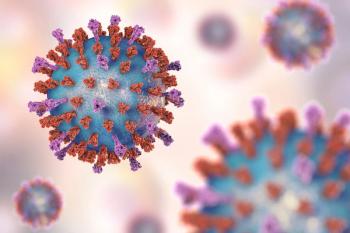
Alyssa Modic, PharmD, discusses the evolving role of pharmacists in adult immunizations and strategies to improve respiratory syncytial virus (RSV) vaccine education and uptake.

An international BMJ panel recommended broader use of SGLT-2 inhibitors and GLP-1 receptor agonists.
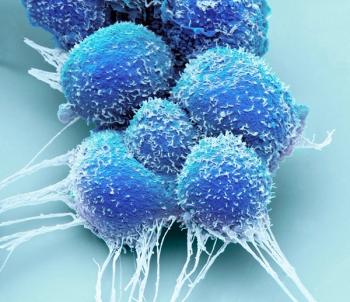
The FDA has approved a ready-to-use long-acting injectable formulation that is administered every 3 months as a treatment for advanced prostate cancer.

Self-medication, including the use of dietary supplements and pain relief drugs, were reported by many patients with statin-associated muscle symptoms to lower their low-density lipoprotein cholesterol (LDL-C).

FluMist Home, the first at-home nasal spray flu vaccine, is now available for direct delivery to patients in 34 US states.
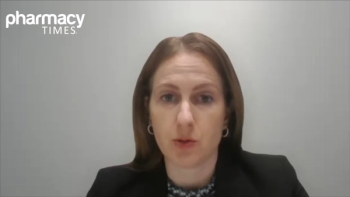
Explore the benefits and challenges of long-acting injectables (LAIs) in managing schizophrenia for improved patient outcomes.
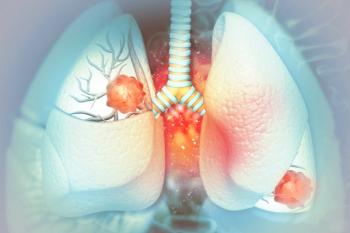
The action is supported by 3 ongoing clinical trials, which are evaluating izalontamab brengitecan (iza-bren) in non–small cell lung cancer (NSCLC) and other diseases.

Results from the phase 3 SAPPHIRE trial show significant improvements in motor function in children and adults with spinal muscular atrophy.

Employers are facing higher costs and employees higher premiums as 340B’s growth drives lost rebates and rising drug prices.

Abemaciclib enhances overall survival in high-risk HR+, HER2– early breast cancer, establishing its role as a standard adjuvant therapy.